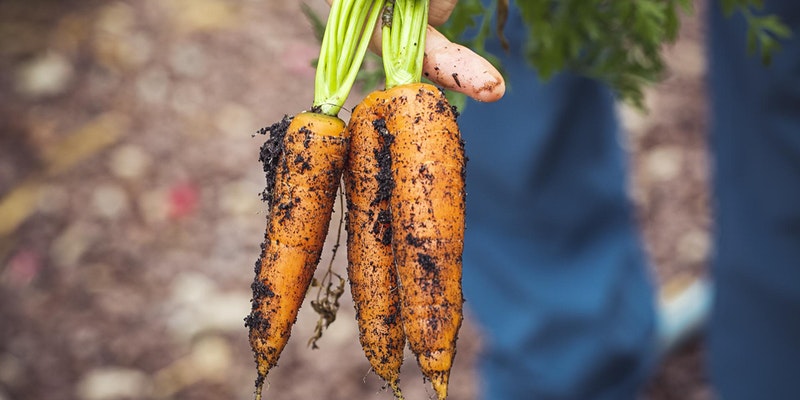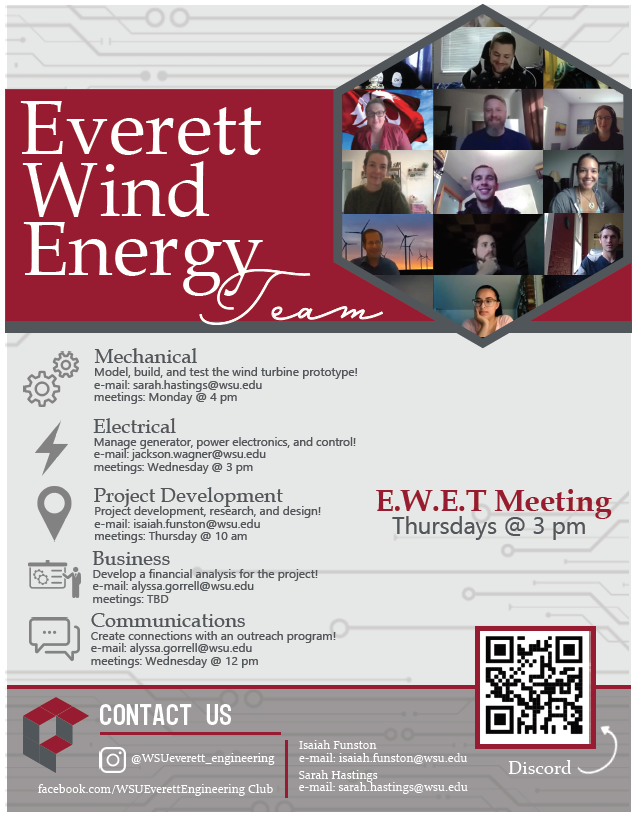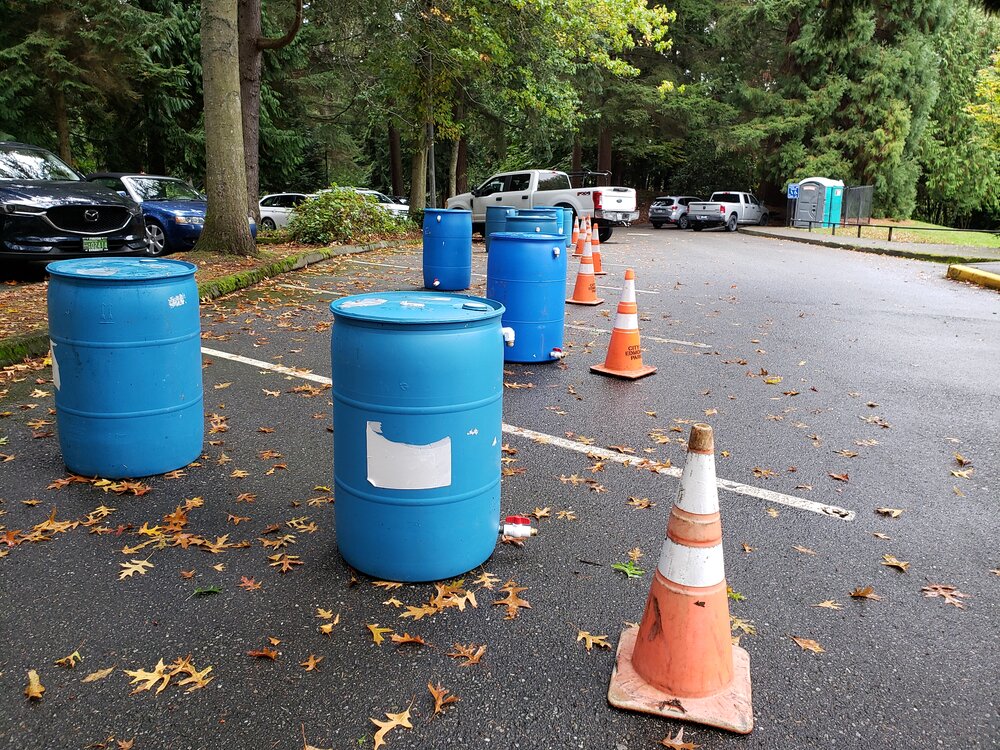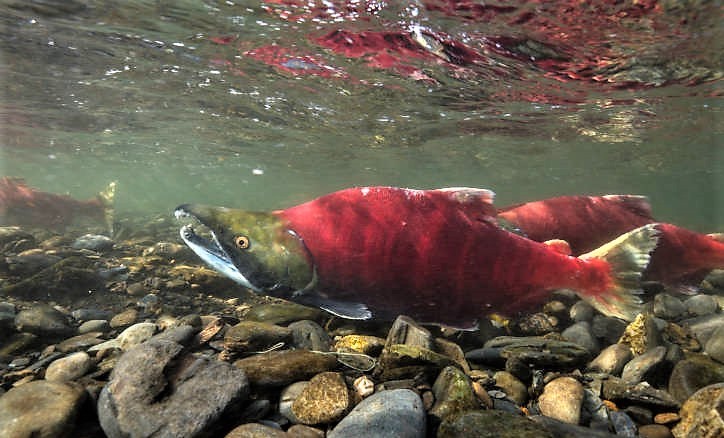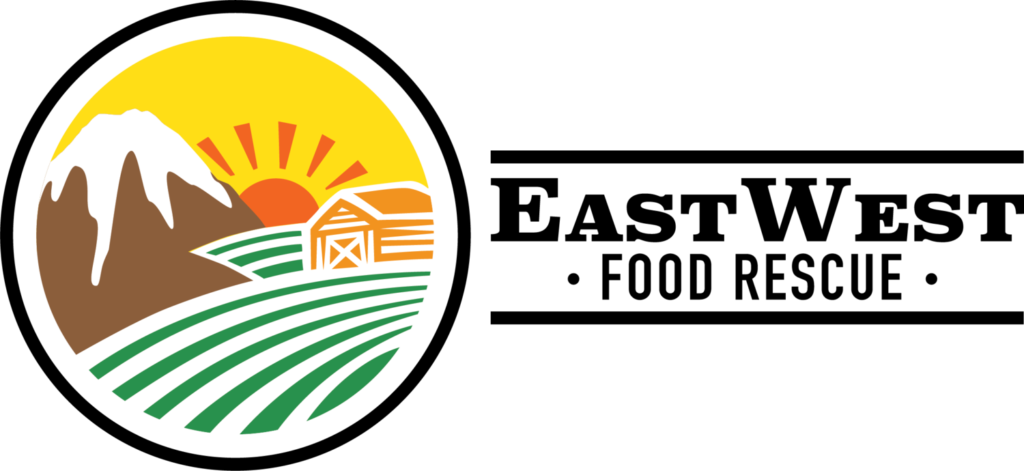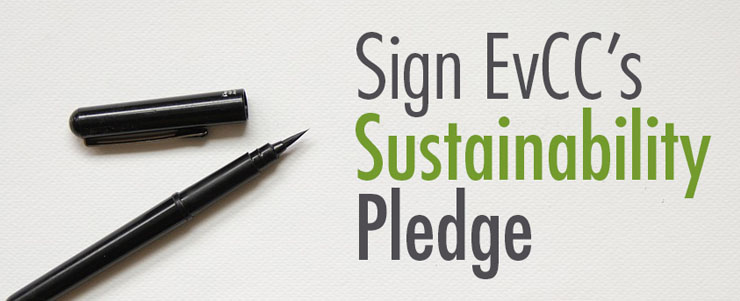Everyone loves a good podcast. Here are some good ones themed around sustainable topics.
Treehugger’s podcast: https://treehugger.libsyn.com/. This is a podcast about ecological restoration
Gravy Podcast: https://www.southernfoodways.org/gravy-format/gravy-podcast/. A podcast from the Southern Foodways Alliance about foodways in the American south and sustainable food topics.
One to Grow on Podcast: https://www.onetogrowonpod.com/. This is a podcast about how food production impacts us and our world as well as agriculture. Topics like Navajo food sovereignty are covered.
Beyond Waste Podcast: https://www.postlandfill.org/beyond-waste-podcast-episode-1/?doing_wp_cron=1614284782.6526749134063720703125 This podcast is made by Post Action Landfill Network about the systemic impacts of various kinds of waste and what we can do about it.




